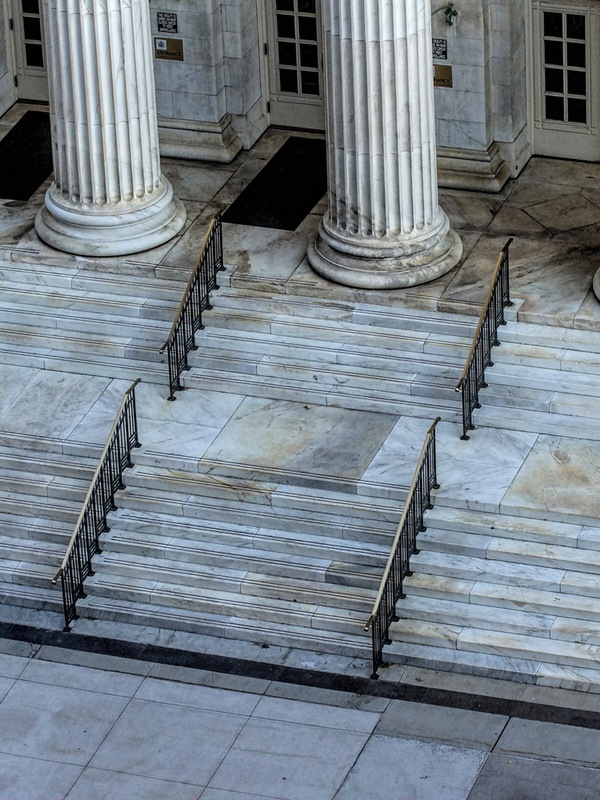Two of the seven justices on the Arizona Supreme Court—Clint Bolick and Kathryn Hackett King—are up for retention elections on Nov. 5, 2024.
In Arizona, governors select all supreme court justices from a list of names that the Arizona Commission on Appellate Court Appointments compiles. Once appointed, justices serve at least two years on the court before they must stand for retention in an uncontested yes-no election. Justices who are retained serve six-year terms.
Then-Gov. Doug Ducey (R) appointed Bolick to succeed Justice Rebecca White Berch on the court in 2016. Bolick won retention in 2018 with 70% of the vote. Ducey appointed King, who succeeded Justice Andrew W. Gould, in 2021. This is King's first retention election. Republican governors appointed all seven justices who currently sit on the nonpartisan court.
If Bolick is retained, he can serve on the court until 2027, when he will reach the court’s mandatory retirement age of 70. If King is retained, she can serve a full six-year term. Gov. Katie Hobbs (D) can select the successor for any justice who loses retention. According to Bolts' Daniel Nichanian, "Arizona judges have historically easily prevailed in retention elections, though voters ousted a county judge in 2014, the first time that any Arizona judge had lost in decades, and they ousted three other county judges in 2022."
Arizona voters will also decide on Proposition 137, a statewide ballot measure ending retention elections for judges, on Nov. 5, 2024. If voters approve the measure, the results of Bolick and King’s retention election would be nullified, meaning that even if voters decide not to retain the justices, they will not be removed from the court. According to the Arizona Mirror's Caitlin Sievers, the justices would then only need to stand retention if the "Judicial Performance Review Commission finds a judge committed 'a pattern of malfeasance' in office or if the judge: is convicted of a felony; is convicted of a crime involving fraud or dishonesty; files for personal bankruptcy; or has a mortgage that is foreclosed upon."
This election will take place against the backdrop of the court’s April 2024 ruling regarding an 1864 abortion law. At the time of the ruling, Arizona had two conflicting abortion laws—an 1864 territorial law banning abortion and a 2022 law with a 15-week ban. The Arizona Supreme Court ruled that the 1864 law took precedent. Bolick and King were part of the 4-2 majority that upheld the law. The Arizona Legislature repealed the 1864 law in May 2024.
The Arizona Republic’s Stacey Barchenger wrote that Bolick and King’s decision in the case is receiving attention from organizations that support and oppose their retention. According to Barchenger, two organizations—The Judicial Independence Defense and Arizonans for an Independent Judiciary—had raised about $500,000 through Sept. 30, 2024, to retain Bolick and King. Barchenger also wrote that the organization Protect Abortion Rights: No Retention Bolick & King, which had not reported any fundraising through Sept. 30, 2024, “was relying on individual interaction with voters to oust the judges.”
Arizona is one of 33 states holding state supreme court elections in 2024 and one of 16 holding supreme court retention elections. To read more about which states are holding supreme court elections in 2024, click here.



